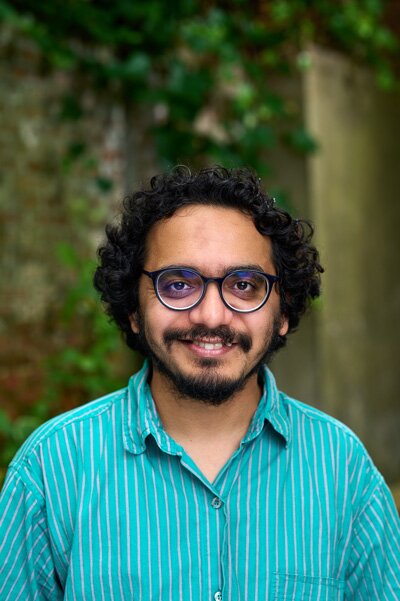Soheb NIAZI
FMSH/IIAS fellowship program | Researcher in residence at the Maison Suger | February-March 2024


Published at 24 January 2024


Soheb Niazi is a historian whose area of expertise is the social and economic history of modern India. He is particularly interested in studying the history of non-elite (non-ashrāf) Muslim actors in South Asia and to understand the formation of caste and class relations among them. He has been a Doctoral Fellow at the Berlin Graduate School of Muslim Cultures and Societies since 2016 and defended his Ph.D. dissertation at the Department of History and Culture Studies at the Freie Universität, Berlin.
During his research stay at the FMSH, as part of the FMSH's intra-European mobility programme launched in collaboration with the International Institute for Asian Studies (IIAS) in Leiden, he will be working on his first book manuscript, tentatively titled Contesting Genealogies: Hierarchy and Social Mobility among Muslim Occupational Classes in Colonial North India (1870-1940). This book will be a pioneering attempt to historicize social hierarchy and stratification of Muslim society through the lends of non-elite, occupational classes.
The first quarter of the twentieth century saw the founding of several social and political organisations led by Muslim peshewar (occupational) classes. The peshewar Muslims challenged the genealogical claims of a broad class of sayyid and ashrāf (elite) Muslims, engaging them in a public polemical debate that captured the imagination of the Urdu public sphere in the early decades of the twentieth century. Drawing on a rich archival repository of previously unexamined Urdu sources such as qaumī tārīkhs (community histories), local newspaper reports and polemical pamphlets, as well as on the conceptual frameworks of sociologists and anthropologists of caste and stratification among Muslims in South Asia, the book affirms a conception of Muslim society that is diverse, fractured and heterogenous.
Contesting Genealogies focuses on the multiple strategies deployed by Muslim occupational classes who experienced social or upward mobility and in doing so, the book problematizes the process of ashrafisation, a phenomenon regarded as akin to the Hindu equivalent of Sanskritsation. The peshawar Muslim classes claimed Arabic descent, a Quraish lineage, the status of Shaikh Muslim, or privileged masāwāt (equality) and peshā (occupation) over nasb (lineage) to critique and contest the stigmatisation of their communitarian identity. The book will be the first to comprehensively document the political histories of organisations led by, as well as micro histories of individuals representing the qassābs (butchers and hide merchants) from Amroha (United Provinces), the mīrāsīs (genealogists and musicians) from Sialkot (Lahore), and the julāhās (weavers) from Bihar. The social history of these occupational classes is contextualised through an account of the integration of the colonial economy and the subsequent transformations in the organizational structures of the meat, hides and leather, textile, as well as Hindustani music industries in colonial India.
Hosting institution: FMSH as part of the IIAS-FMSH programme
Peer Reviewed Journal Articles
Book Reviews


Find out more about the Maison Suger
Follow our news and receive our invitations!

